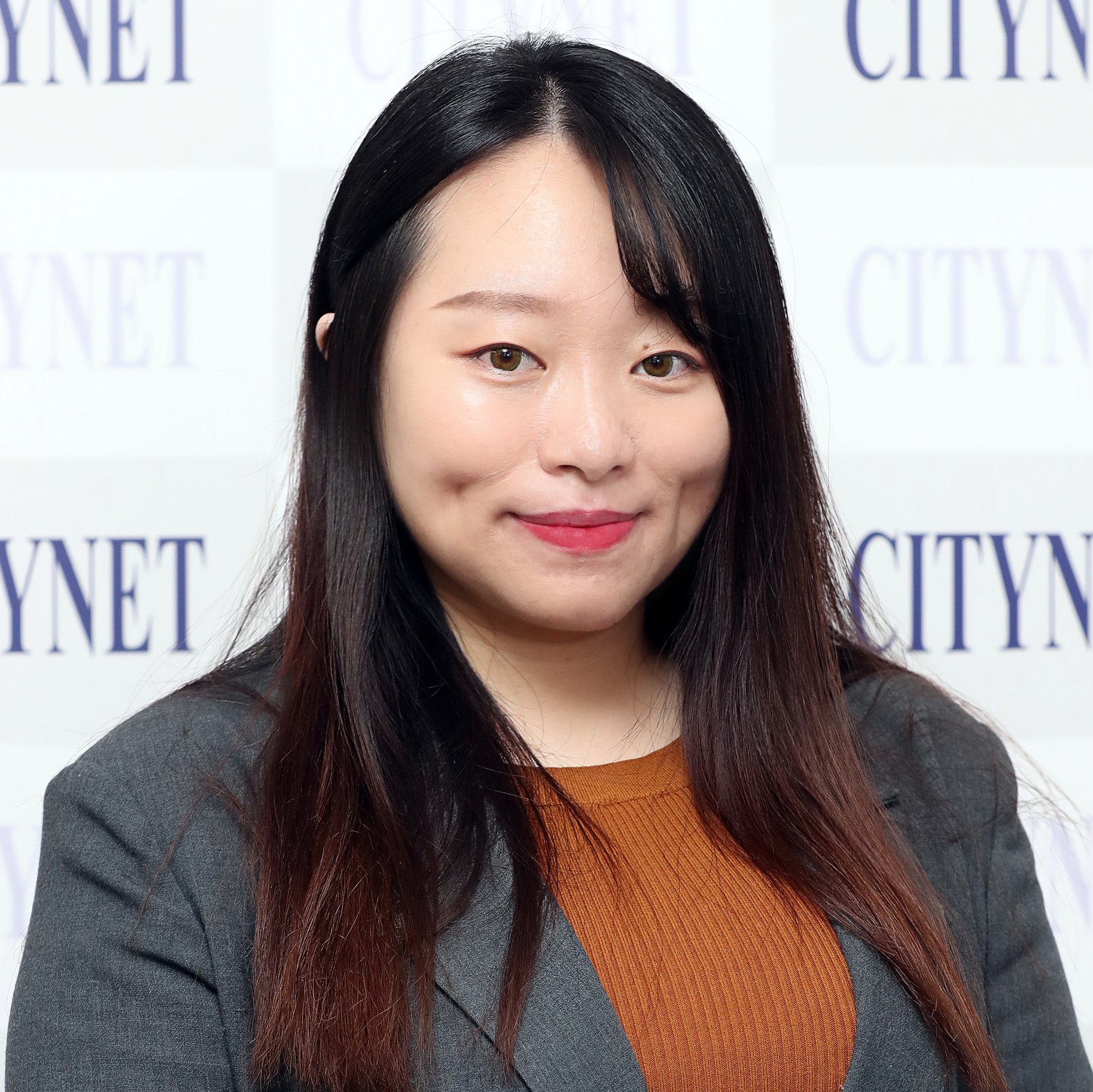On 9 June, Taichung and Prato had a fruitful knowledge sharing session on both cities’ actions to treat the second-hand clothes contribute to circular economy from the textile industry.

Taichung recycled 4,200 tons of used clothes in 2021. In general, 40% of the second-hand clothes are either donatable or sellable. Thus, for the 60% of the second-hand clothing which cannot be donated or sold anymore, the city works with the private sectors to produce reusable resources. Polyester becomes textile raw materials, and cotton becomes biofuel. Moreover, they innovatively recycle the PET bottles and transfer the materials to clothing materials.
Prato processes 15% of all recycled clothes in the world. With their long history of expertise in reusing the waste from textile processes, Prato proudly shared their techniques including Collecting and Sorting, Carbonization and Rag-tearing, Carding, Spinning, Warping, Fulling, Dyeing and Finishing. Since virgin wool produced in Prato is not recognized as high quality due to the natural and weather conditions, Prato recycled the high-quality wool produced from other parts of the world. Comparing with raising the sheep and using the virgin wool, the regenerated wool that Prato produces is much more environmentally-friendly on regards of environmental footprint. A total of 239 enterprises in Prato have gained the Global Recycled Standard (GRS), which has made textile industry recycling stand out as one of the main industries in Prato.

Taichung and Prato will continuously exchange knowledge in this regard during the study visit. With the generous sharing from each other, both cities can take the strengths and further improve their capacity in treating the waste from textile industry.

Hui Qian is a Senior Program Officer at CityNet, where she manages outreach and CityNet Services. Prior to joining CityNet, she worked at ICLEI East Asia Secretariat, with a focus on city-scale research and projects. Hui has a background of Sustainability Science and Greenhouse Gas Emissions Inventory Compilation. She obtained a Master of Science in International Cooperation Policy from Ritsumeikan Asia Pacific University (Japan) and a Master of Engineering in International Material Flow Management from Hochschule Trier (Germany). She is experienced in working under multicultural environment with multidisciplinary cooperation.

